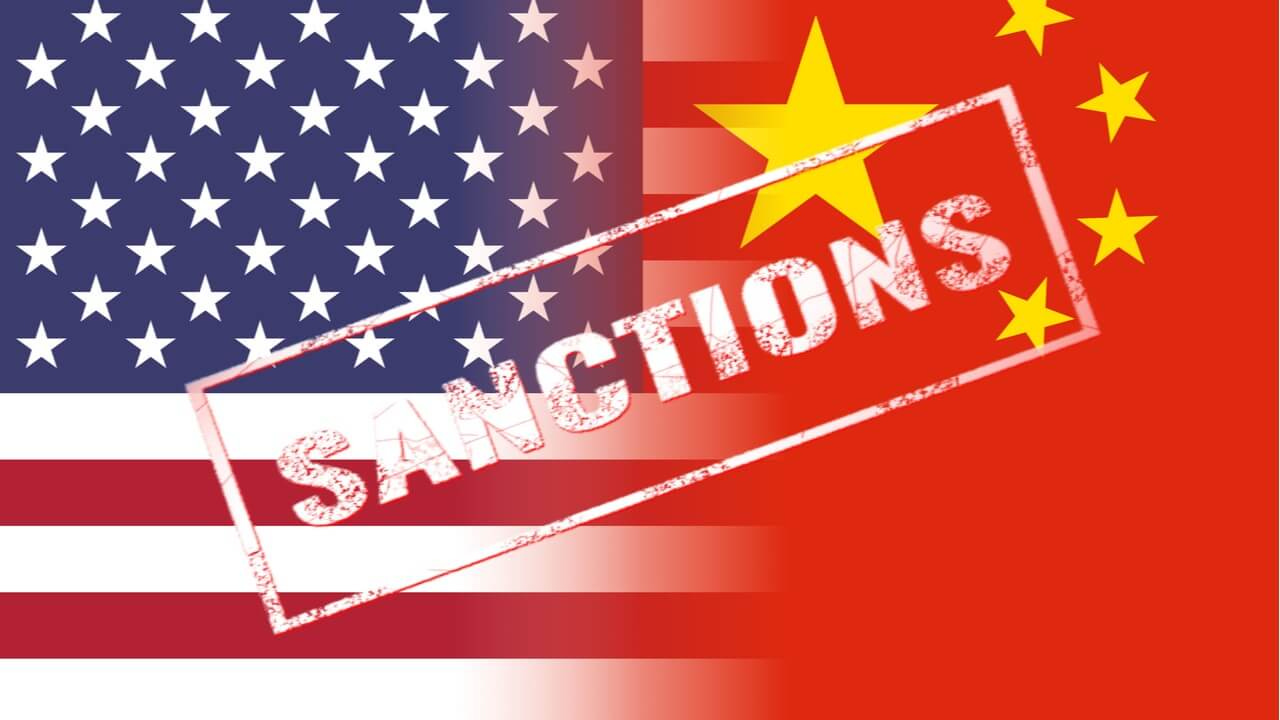What Would Happen if America Applied the Same Sanctions to China As to Russia?
It probably wouldn't be as dramatic as imagined, but better not to check.
Every day, the global economic fallout from America's and the European Union's sanctions against Russia is becoming a little more concrete. We can thus begin to get a glimpse of what a trade and financial break with China might look like.
The first point to observe is the current debate in Europe around a ban or restrictions on Russian gas imports. The m…
Keep reading with a 7-day free trial
Subscribe to Sylvain Saurel’s Newsletter to keep reading this post and get 7 days of free access to the full post archives.




